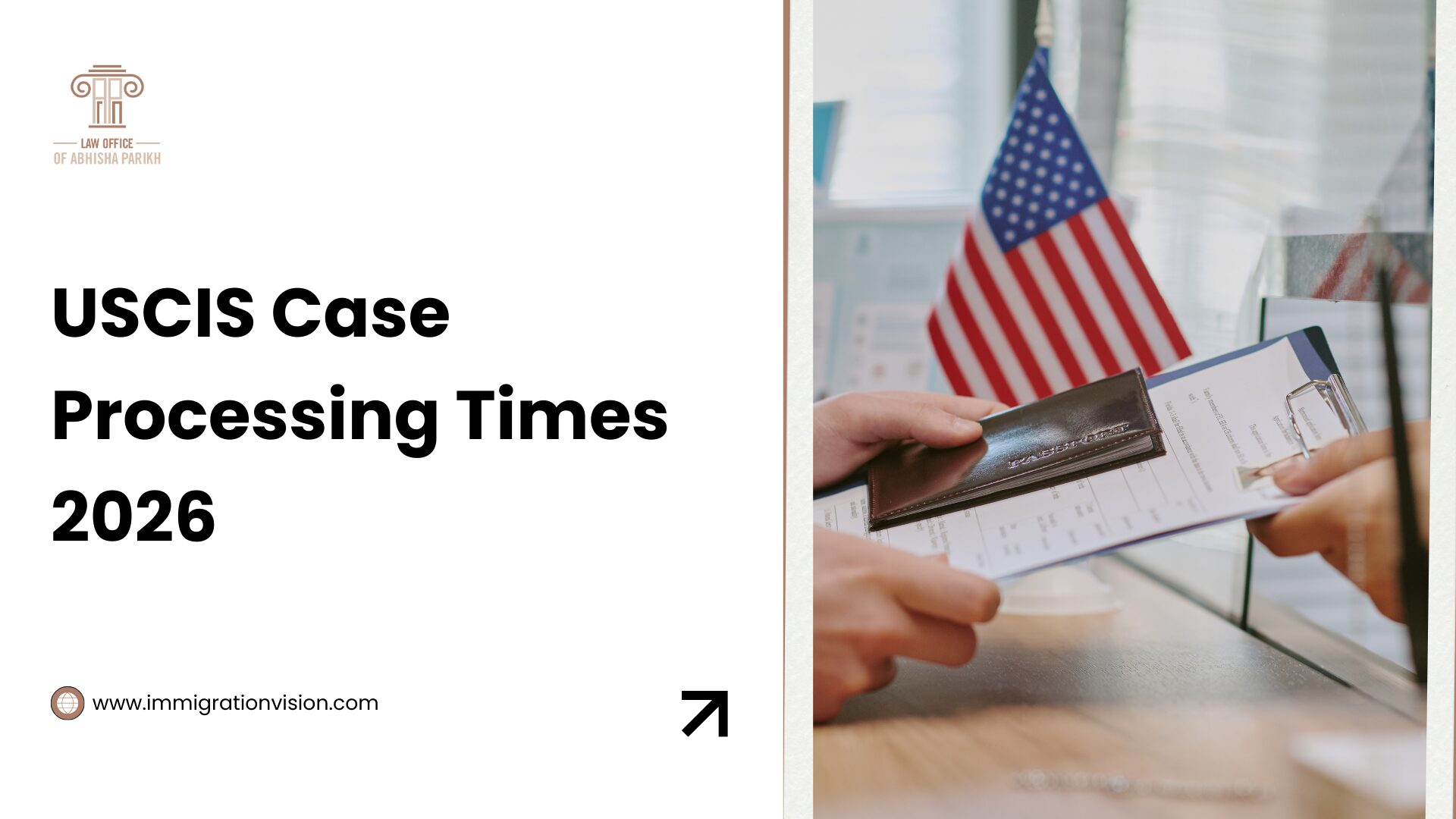The T visa offers a lifeline to foreign nationals who have been victims of severe human trafficking and are currently in the United States. It grants legal immigration status, work authorization, and even a path to permanent residency under certain conditions. The primary goal is to help survivors recover from abuse while assisting law enforcement in investigating and prosecuting human traffickers.
Eligibility Requirements
- Victim of Severe Trafficking
To qualify, applicants must show that they’ve experienced significant harm or coercion in human trafficking situations, whether labor- or sex-based. - Presence in the U.S. on Account of Trafficking
You need to demonstrate that you entered or remained in the U.S. as a direct result of being trafficked, such as being unable to safely leave the country due to ongoing threats or coercion. - Willingness to Cooperate with Law Enforcement
Survivors generally must assist in investigations or prosecutions of traffickers, unless trauma or other factors make cooperation impossible. - Hardship if Removed
You must prove that returning to your home country would result in severe harm. This can include retribution from traffickers, stigma, or lack of support.
Application Steps
- Complete Form I-914
The main application for T nonimmigrant status is Form I-914, submitted along with personal statements, evidence of trafficking, and any available documentation supporting your case. - Gather Supporting Evidence
This often includes police reports, medical records, or affidavits from social service agencies. Detailed accounts of your experience and its impact on your life help strengthen your application. - Obtain Law Enforcement Agency Endorsement (If Possible)
While not mandatory, a certification from a law enforcement agency can bolster your claim and demonstrate that you are (or were) willing to cooperate in any criminal proceedings related to your trafficking. - Await USCIS Decision
U.S. Citizenship and Immigration Services reviews your petition and supporting documents. If approved, you receive T nonimmigrant status and an Employment Authorization Document (EAD).
T visa holders can often request derivative status for certain family members, including spouses, children, and, in some cases, parents or unmarried siblings under 18. This ensures that loved ones can join the survivor in the U.S. and gain access to similar protections and work authorization.
After maintaining T status for at least three years (or upon completing the investigation or prosecution, whichever happens first), you may become eligible to apply for a green card. Proof of continued cooperation with law enforcement and evidence of genuine need for remaining in the U.S. are typically required.
If you believe you meet the criteria, contact us for a consultation to get a case evaluation.



